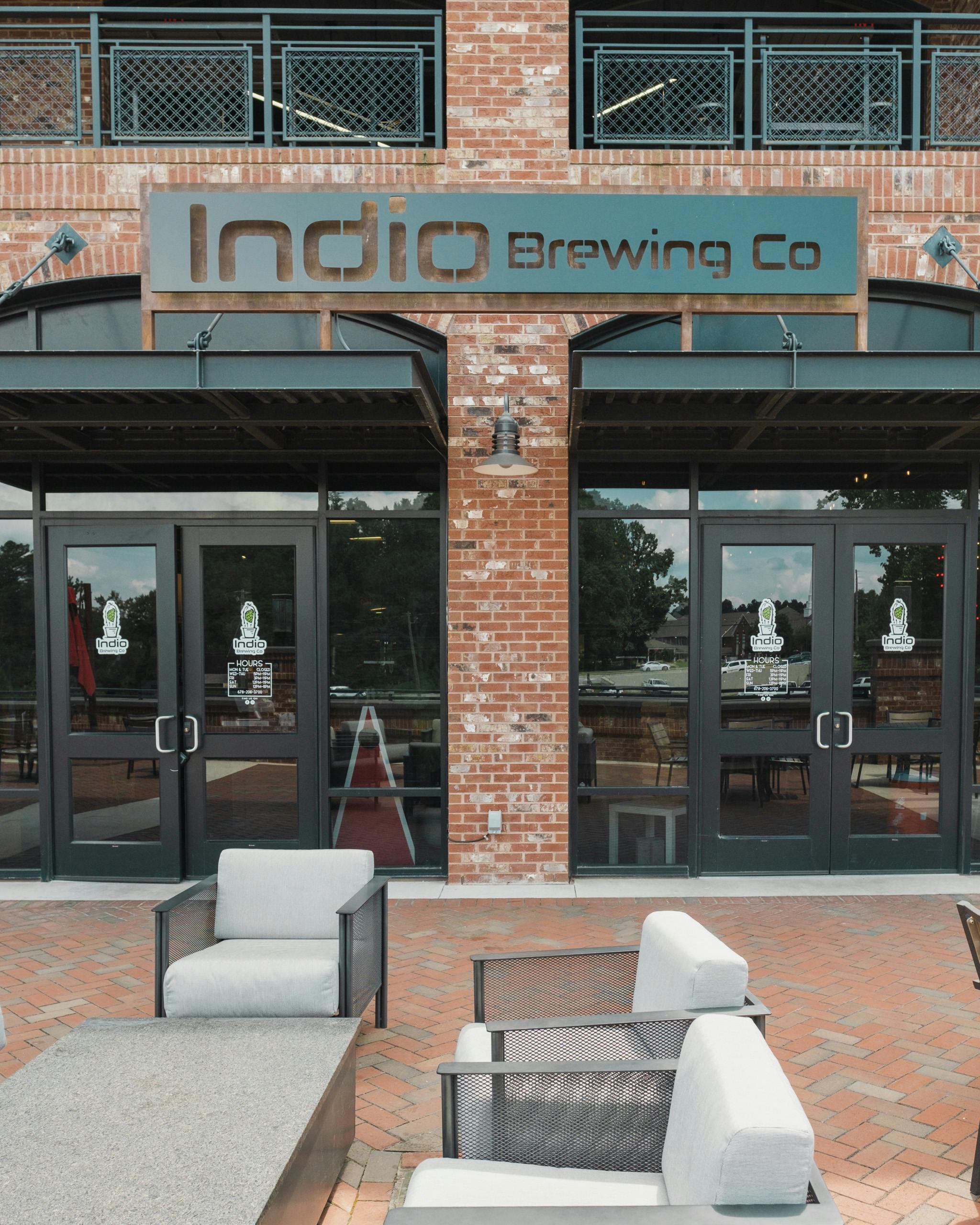Your cart is currently empty!

Steven Coulson
Steven has been drinking beers, wines and spirits for decades and has a propensity to go about them at length after a few drinks.
Latest Posts
- My wife found out our favorite Gin for martinis was discontinued. I think we are good for a while…

- Oregon Road Trip: Freeland Spirits Garden Botanicals Gin

- Botanist with Trader Joe’s Lemon and Elderflower Soda

- I’m one of the worlds leading buyers of craft gin in the world and a international spirit judge AMA

- I’m blown away…. By how let down I am by this Gin.

Categories
Tags
Social Links

The Unexpected Psychoactive Nature of Hops: A Personal Exploration
When it comes to the world of craft beer, the role of hops often sparks lively debates among enthusiasts. I recently dived into a fascinating aspect of hops that left me questioning conventional wisdom: their potential psychoactive effects.
In a previous discussion, I mentioned my preference for India Pale Ales (IPAs) with high International Bitterness Units (IBUs), while most other hop-forward beers fell flat for me. The responses were varied, with some readers agreeing with my perspective while others attributed my experience to the higher alcohol content of these brews. Intrigued by the responses, I decided to conduct a little experiment of my own.
I sampled a variety of IPAs, including “cold” IPAs, which typically feature lower hop content but still boast an ABV similar to traditional West Coast IPAs. I also tried Imperial IPAs, which often have formidable alcohol levels without a significant hop presence. Strangely enough, neither of these seemed to produce the vibrant sensations I associate with a well-crafted West Coast IPA that has a moderate ABV.
What I noticed was that the qualitative experience I gain from hops differs significantly from the often straightforward buzz of alcohol. There’s an uplifting, cerebral quality to it that invigorates rather than simply relaxes.
This led me to theorize: Could hops actually have psychoactive properties in certain conditions? Perhaps the fermentation process enhances the bioavailability of specific compounds, or maybe the alcohol works in tandem with the hops to facilitate their effects on the brain, allowing them to cross the blood-brain barrier more effectively.
Importantly, I don’t believe this sensation is due to any sort of sensitivity to hops. I experience no adverse reactions like hives or itching—just a pure sense of euphoria and heightened energy.
One must also ponder the historical significance of hops in brewing. Why have they become such a staple in beer production? Historically, beer recipes varied widely, but once hops were integrated, their popularity skyrocketed. It seems that there’s a compelling reason for this enduring partnership between hops and beer.
As I continue to explore this intriguing subject, it raises important questions about our understanding of how ingredients interact within our favorite beverages. The journey of a craft beer enthusiast is never just about the taste; it’s also a tantalizing exploration of how ingredients affect us on multiple levels.
If you’ve had similar experiences or insights regarding hops and their effects, I’d love to hear your
